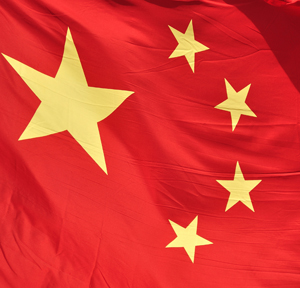Investment Strategies
Investment Comment: Chinese Equities Are A Bargain - Jupiter

Chinese equities remain very cheap with the MSCI China Index of stocks trading at around 9 times forward earnings, with smaller equities particularly undervalued, while the Asian country’s economic prospects look promising, a fund manager says.
“Industries we particularly like are those that were highlighted as “emerging strategic industries” by the Chinese authorities in their 12th annual five-year plan announced in June last year. These areas of the economy, which include new energy, environmental protection and information technology among others, are full of small and mid-sized companies with huge growth potential,” Philip Ehrmann, manager of the Jupiter China Fund, said in an investment note. He also oversees the Jupiter China Sustainable Growth Sicav.
He pointed out that China’s recently installed government has set itself a target to make sure these “new” industries account for 15 per cent of the country’s gross domestic product by 2020, up from just under 4 per cent now.
“Given the Chinese economy is likely to have doubled in size by then [2020], the potential returns, in our view, are significant, Ehrmann said.
Meanwhile, Ehrmann said he has become less negative, or underweight, to China’s financial sector by adding to selected banks and property companies on the expectation they will benefit from the country’s looser monetary policy and stimulus measures.
Among the banks, Ehrmann said it boosted holdings in Industrial & Commercial Bank of China, China Construction Bank and Bank of China. He added to holding in property developer Soho China.
“Meanwhile, our exposure to stockbrokers Guotai Junan and Citic Securities has contributed strongly to fund performance as they benefit from government plans for industry deregulation,” he said.
“Even if we see a fair wind for the Chinese economy in 2013, we will continue to avoid sectors like steel and aluminium where substantial restructuring is required. These are industries, in our view, that suffer hugely from overcapacity and remain overly reliant on state subsidies,” he said.
“For much of last year it seemed fashionable among economists, political commentators and analysts to talk about China as an accident waiting to happen. A sharp slowdown in economic growth, worries about inflation, the threat of a housing bubble and a tricky change of leadership for the Communist Party were all cited as reasons for investor caution. Fast forward to 2013 and these fears, in my view, now appear overblown,” Ehrmann added.
